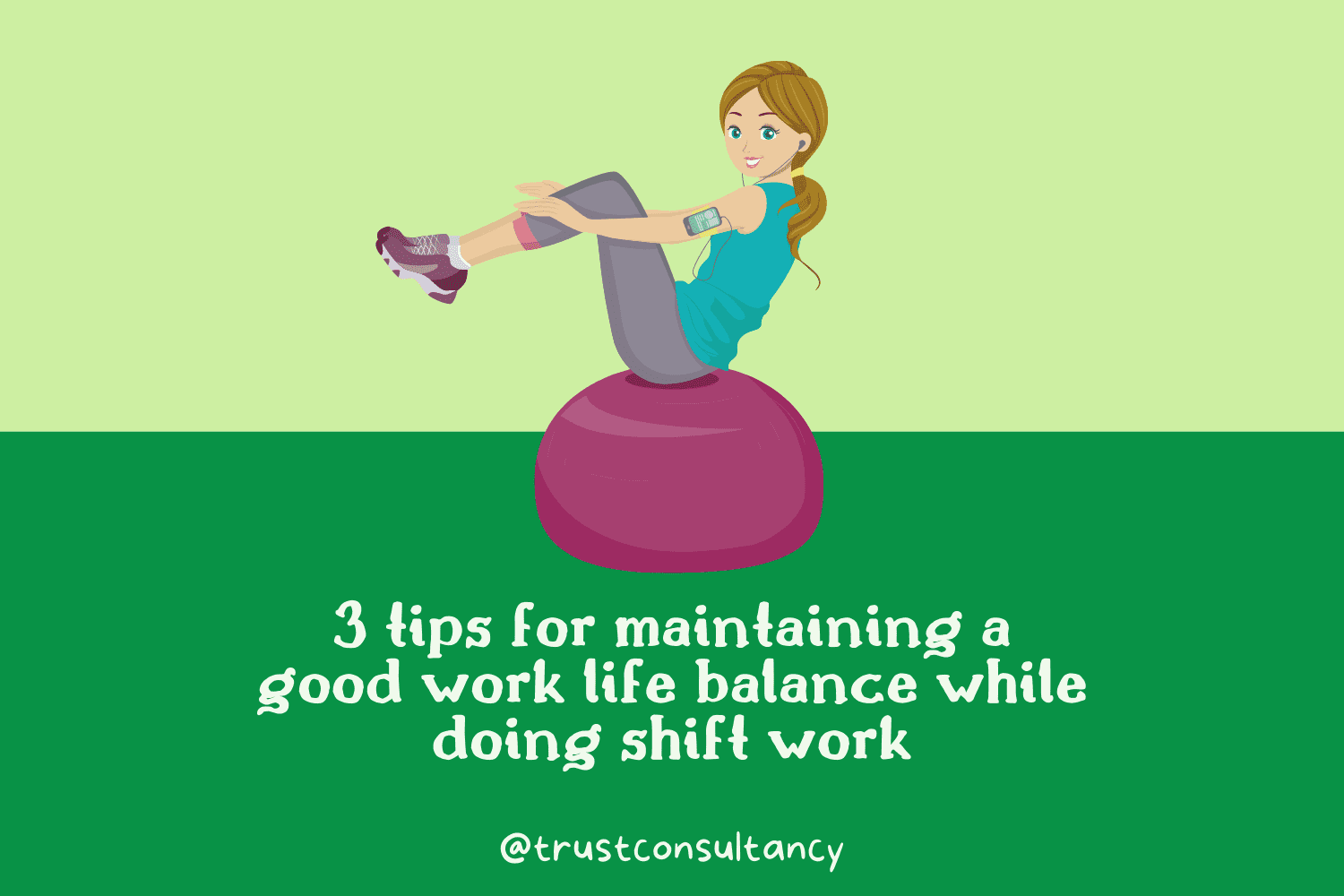3 tips for maintaining a good work life balance while doing shift work
There’s no doubt about it; most of the work in the social care sector is not your usual 9-5. Many workers have varying shift work patterns including morning shifts, long days, split shifts, evening work, sleepovers, live nights, or a combination of these. This means that the rest of their lives must adapt to accommodate an unusual schedule. Studies show that shift workers are most likely to have difficulties maintaining their work-life balance as a result. Working irregular hours requires shift workers to adapt to frequent changes in their social schedule and biological clock. This can lead to a variety of health and social problems at an individual level.
While shift work is necessary to provide 24-hour support to many of the most vulnerable individuals in our care, unfortunately adverse effects on the worker can lead to a reduced quality of life. This is closely related to anxiety and irritability, general professional satisfaction issues, the inability to manage domestic tasks properly and the unavailability to participate in family and social activities. For example, one study found that virtually all shift workers spent less time with their spouse than those who worked a regular day schedule and many shift workers report difficulties with eating healthily while working nights and combination shifts.
It doesn’t stop there though. Often, workers can get absorbed by the work itself due to the nature of the environment and the fact that the work does not necessarily end when their shift ends. It doesn’t help when they’re picking up extra shifts to cover colleague’s leave or when the phone doesn’t stop ringing or dinging with questions or watsapp chatter about work. It may feel like there’s never a break!
All is not lost however! Here are three tips for workers to reduce the adverse effects of shift work on their health and social life.
The first is to find the company and a role that promotes the healthiest work-life balance for the individual worker. The nature of shift work can sometimes be of great convenience to workers depending on their personal circumstances. For example, for a two-parent family, working opposite shifts with a partner can reduce the necessity and cost of childcare. This involves doing thorough research regarding shift patterns when searching for a new role.
Second, having input into the shift schedule or advance notice of the shift patterns such as a rolling roster can be very beneficial to plan domestic, social and well-being activities. Having more control over their shifts can reduce anxieties around not having enough time or missing out on social or family life.
Third, a shift worker can also take more control of their schedule and health by planning ahead things like meals, exercise and scheduling social activities around their shifts.
Bonus tip: Being able to switch off after work is incredibly important to maintain a work-life balance. This is impossible if you are still plugged-in to work. Setting boundaries by not taking calls or checking texts or emails from work while you’re off will help with this. Some companies have a culture of calling while you’re off duty so setting those boundaries may be more difficult, however, you have a right by law to switch off.
Remember; “No” is a complete sentence!
